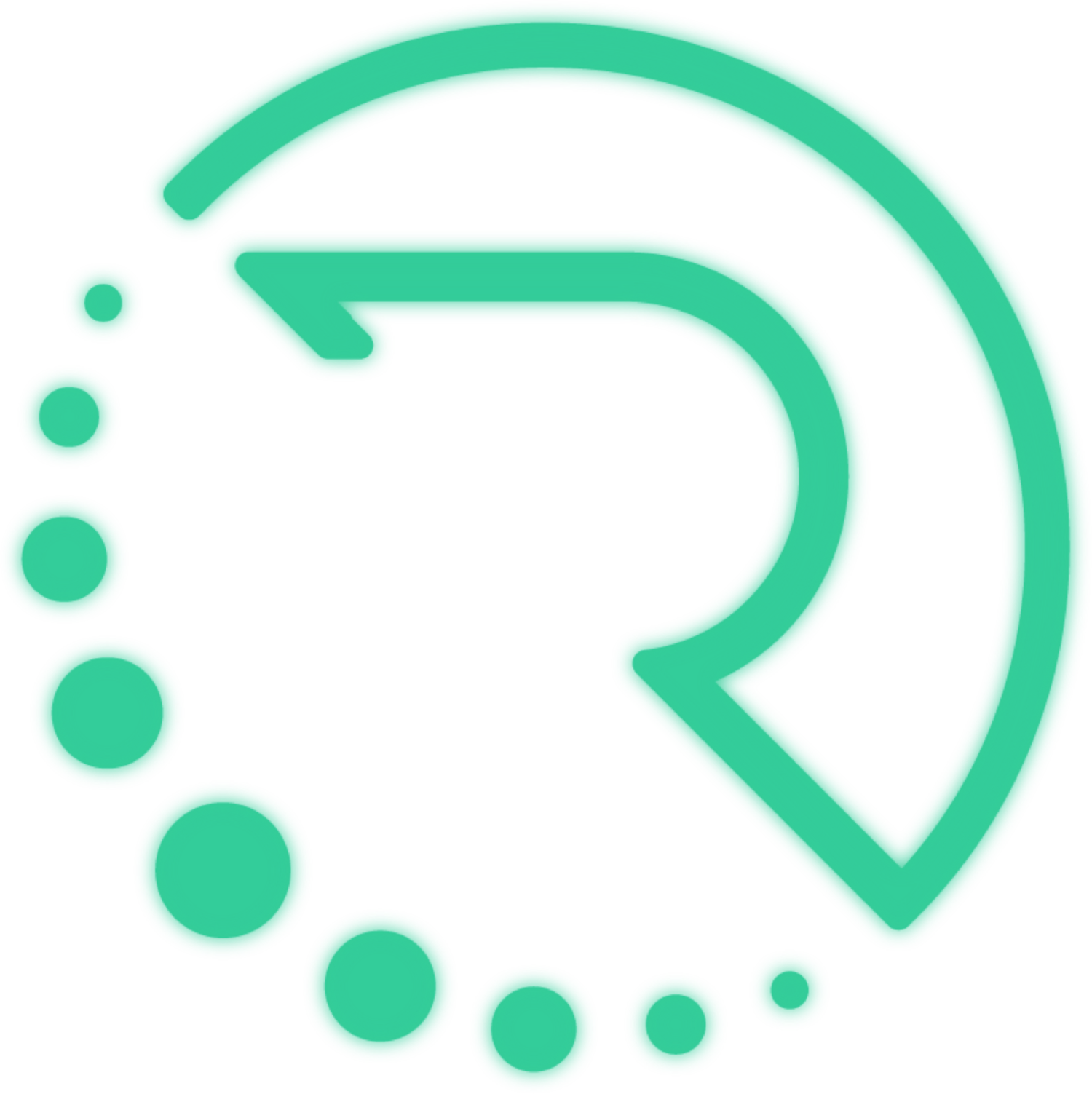What telehealth appointments reinforced about the value of physiotherapy
Not surprisingly, it’s most often an acute injury that might bring a patient in to see us in the physiotherapy clinic. Perhaps they’ve had a fall from a bike, rolled an ankle on the netball court or pulled a muscle they haven’t used in a while trying to show off on their kid’s skateboard.
Helping our patients with an initial diagnosis and manual therapy to take care of those injuries soon after they happen is a big part of the work we do. But while it’s the most obvious trigger for an appointment, an acute injury is not the only reason someone might come and see us.
Physiotherapy is also an important modality for enhancing overall wellbeing, improving physical performance, addressing long-standing injuries or supporting the management (or prevention) of issues arising from poor posture, aging or illness.
That’s because beyond the hands-on therapy we provide in the clinic, education and accountability to support a patient’s long-term health resilience is such an important (yet often understated) part of the work we do.
Interestingly, the Covid-19 lockdown period was an opportunity for more patients to realise this role of physiotherapy in their wellbeing. Injuries didn’t stop over lockdown, and for many people it was also a chance to finally address those on-going niggles or persistent pain that has been plaguing their work or sports performance for a while. As a clinic, we had to quickly adapt to offer remote – or telehealth – consultations via video for initial assessment and follow up appointments.
Despite the initial reluctance of some patients to take up telehealth appointments with us, our inability to treat patients face-to-face actually offered them an opportunity to better understand that working with a physiotherapist isn’t just about manual therapy, but about the communication, education and precise exercise prescription that supports their overall health resilience.
Here’s how:
Communication
As physios, our strength has always been in listening, in asking questions, and in connecting the dots. Never before was it more important to draw on those skills than when we were without the luxury of hands-on appointments. Those acute injuries I mentioned earlier might come with a straightforward picture of how they came about, but for more complex pain or less straightforward diagnoses, a bigger picture understanding of lifestyle factors can unlock answers that lead you to the path of recovery. That’s because, unlike other modalities who may prescribe medication or surgery, our focus is to treat the cause, not the symptoms. Every question we ask helps shape a really clear picture about how an injury may have occurred or why you may be struggling with on-going pain – and therefore the best way to address it. We understand that not every case is textbook, and that a case may be bigger than an isolated injury. For this reason a ‘whole health’ approach to not only understanding, but treating, a case is so important in long-term recovery.
Education
The adage prevention is better than cure is one that we live by. A big part of that is making sure we pass on the right knowledge to our patients so that they are empowered to take ownership of their own health, lifestyle and exercise choices. Understanding the complex inner workings of anatomy and physiology might be our job, but equally translating that knowledge so that it’s relatable to patients relative to their own physical performance and lifestyle is critical. When we weren’t there to offer hands-on treatment, the value of sharing this knowledge so that patients could safely and effectively make choices for long-term recovery and injury prevention was amplified.
Exercise prescription
A weekly appointment with a physio can only do so much towards recovery. It’s the effort a patient puts in between appointments that really moves the needle. Accountability around rehabilitation was a huge part of ensuring our patients continued to advance their recovery during lockdown. Creating strategic rehabilitation and exercise plans that could be easily and incrementally managed without equipment or training facilities called on our expert knowledge and ability to prescribe and articulate specific movements. We advocate for movement as medicine, and with so much accountability put back on our patients during lockdown, it was an opportunity for them to truly understand the benefits of highly prescriptive training programmes and rehabilitation exercises.
At Refine Health, we’re about injury recovery and health resilience. It’s not just about the help with healing we’re able to give our patients in the clinic, but also the knowledge and motivation we empower them with so when they walk out the door, they can continue to take ownership of their own recovery and health goals, long term.
If you want to know more about how an integrative approach to health and healing could support you – get in touch with us to make an appointment.
